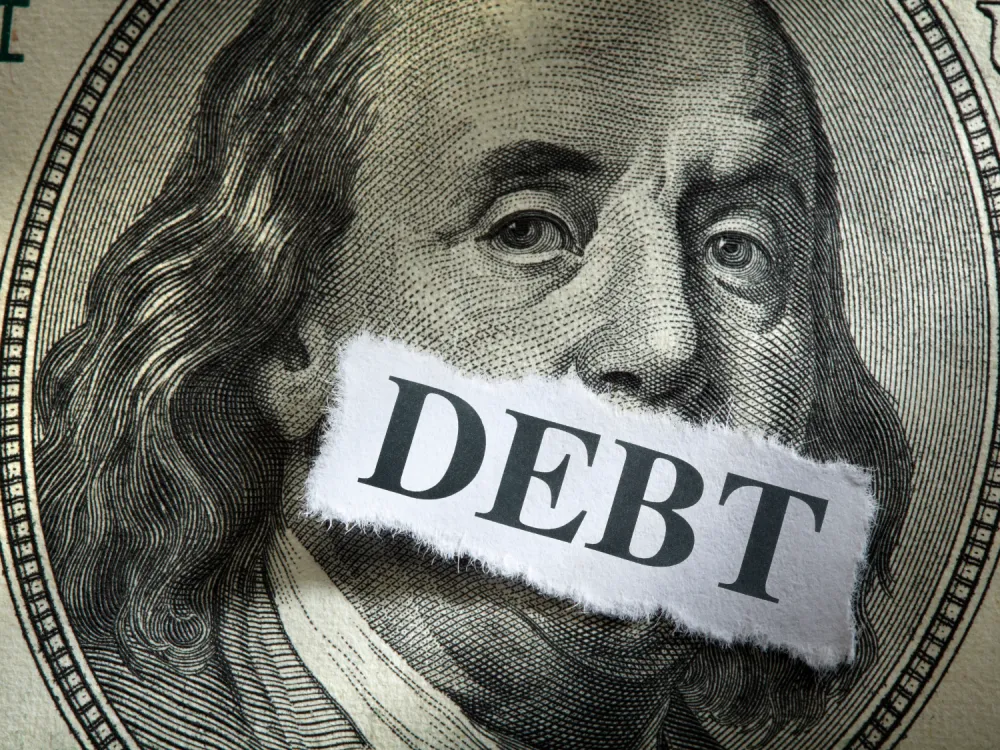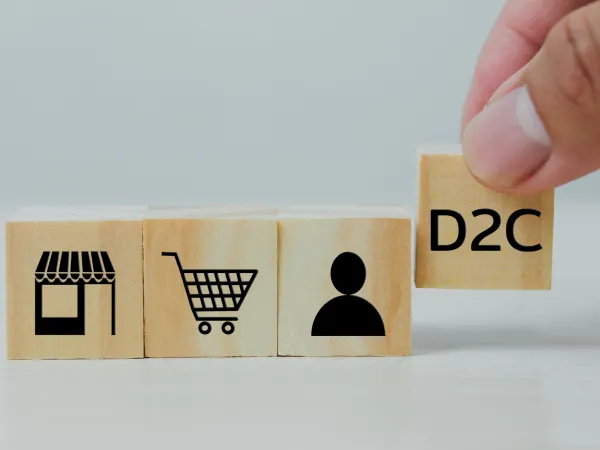
Debt Consolidation vs. Debt Settlement: Which Is Right for You?
When it comes to managing your finances and overcoming debt, making the right choice can be a game-changer. Individuals with poor or no credit history often face an uphill battle when it comes to managing their debts. According to moneyfor.com personal finance, it's a challenge that millions of Americans confront.
There are two common strategies for tackling it are debt consolidation and debt settlement. But which one is the right choice for you? Let’s understand the differences between debt consolidation and debt settlement, and help you make an informed decision to regain your financial footing.
Understanding Debt Consolidation
Debt consolidation is a savvy financial strategy aimed at simplifying your debt management process. It entails merging various debts into a single, more user-friendly loan. This consolidated loan often features a reduced interest rate and an extended repayment timeline, making it easier for you to regain control of your finances.
Here's how it works:
Imagine you have several high-interest credit card debts, a car loan, and a personal loan. Each month, you juggle multiple due dates, interest rates, and minimum payments, which can be overwhelming and costly. Debt consolidation simplifies the process by rolling all these debts into a single, lower-interest loan.
The Benefits of Debt Consolidation
The pros of this strategy are:
- Simplified Finances: With a single monthly payment, managing your finances becomes more straightforward, reducing the risk of missing payments or incurring late fees.
- Lower Interest Rates: By securing a lower interest rate on your consolidated loan, you can potentially save money over time, as more of your payment goes towards the principal balance.
- Extended Repayment Terms: Debt consolidation loans often come with longer repayment periods, which can reduce your monthly payment amount, making it more affordable.
- Improved Credit Score: Consistently making on-time payments towards your consolidated loan can positively impact your credit score.
Understanding Debt Settlement
Debt settlement, on the other hand, takes a different approach to debt relief. Instead of consolidating your debts into a new loan, debt settlement involves negotiating with your creditors to settle your debts for less than the full amount you owe.
Here's how it works:
Using debt settlement, you'll work with a debt settlement company or negotiate directly with your creditors to reach an agreement. In some cases, you may be able to settle your debt for significantly less than what you originally owed.
The Benefits of Debt Settlement
Settlement is beneficial due to:
- Reduced Debt Amount: Debt settlement can lead to substantial reductions in your overall debt, providing a faster path to debt freedom.
- Quicker Resolution: Unlike debt consolidation, which involves making regular monthly payments, debt settlement can resolve your debts in a shorter timeframe.
- Potential Savings: If you're successful in negotiating lower settlement amounts, you could save a considerable amount of money compared to paying off the full debt.
- Debt Relief: For individuals facing financial hardship, debt settlement offers a chance to get out from under the burden of overwhelming debt.
Choosing the Right Option for You
Now that we've explored the basics of debt consolidation and debt settlement, it's essential to determine which option is the best fit for your unique financial situation. Here are some factors to consider:
Debt Amount
Debt consolidation is generally more suitable for individuals with manageable debt amounts who can afford to make regular monthly payments. Debt settlement is better suited for those with high levels of debt who are struggling to meet their obligations.
Financial Stability
If you have a stable income and can comfortably make monthly payments, debt consolidation may be the safer choice. Debt settlement can be riskier, as it typically involves missing payments to build up funds for settlements.
Credit Score
Debt consolidation is less damaging to your credit score compared to debt settlement, as it involves repaying your debts in full. If preserving your credit score is a priority, debt consolidation may be the better option.
Timeframe
Consider how quickly you want to resolve your debts. Debt consolidation typically takes longer, as you'll make monthly payments until the debt is paid off. Debt settlement can be faster but comes with a more significant impact on your credit score.
Financial Goals
Evaluate your long-term financial goals. Debt consolidation can help you maintain a positive credit history, while debt settlement prioritizes reducing your debt load quickly.
Seeking Professional Guidance
Determining whether debt consolidation or debt settlement is right for you can be challenging, and the decision should not be taken lightly. It's crucial to seek professional guidance and consider consulting with a financial advisor or credit counselor to evaluate your options thoroughly.
In conclusion, the choice between debt consolidation and debt settlement depends on your individual circumstances and financial goals. Ultimately, the key to financial freedom is making informed decisions and taking action to regain control of your finances. Choose the path that aligns with your goals and sets you on the road to a debt-free future.
Further Reading: Strategies for Reducing Business Debt and Increasing Financial Stability


